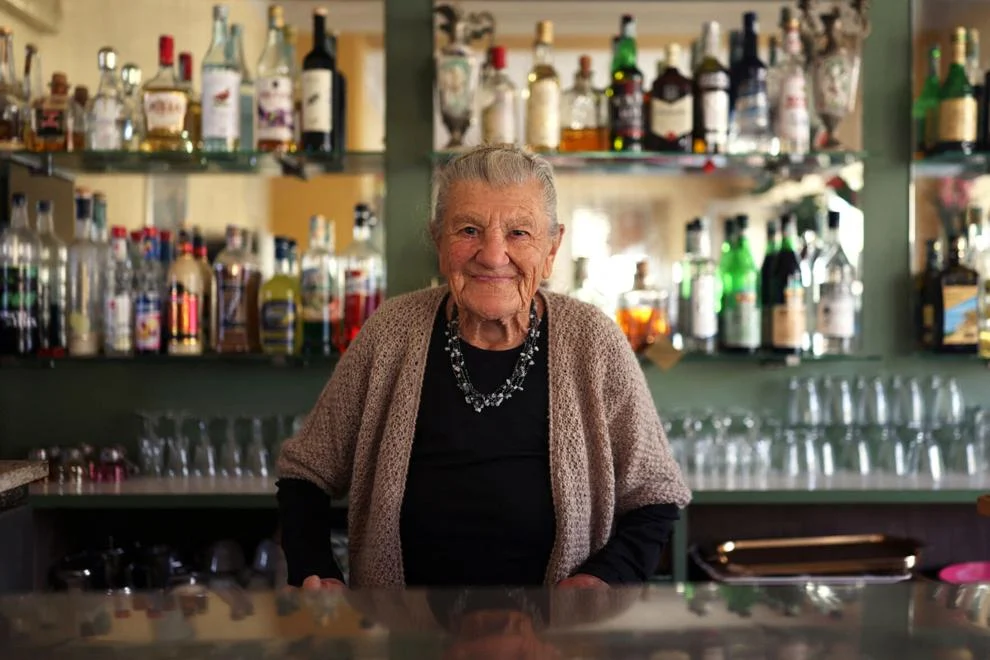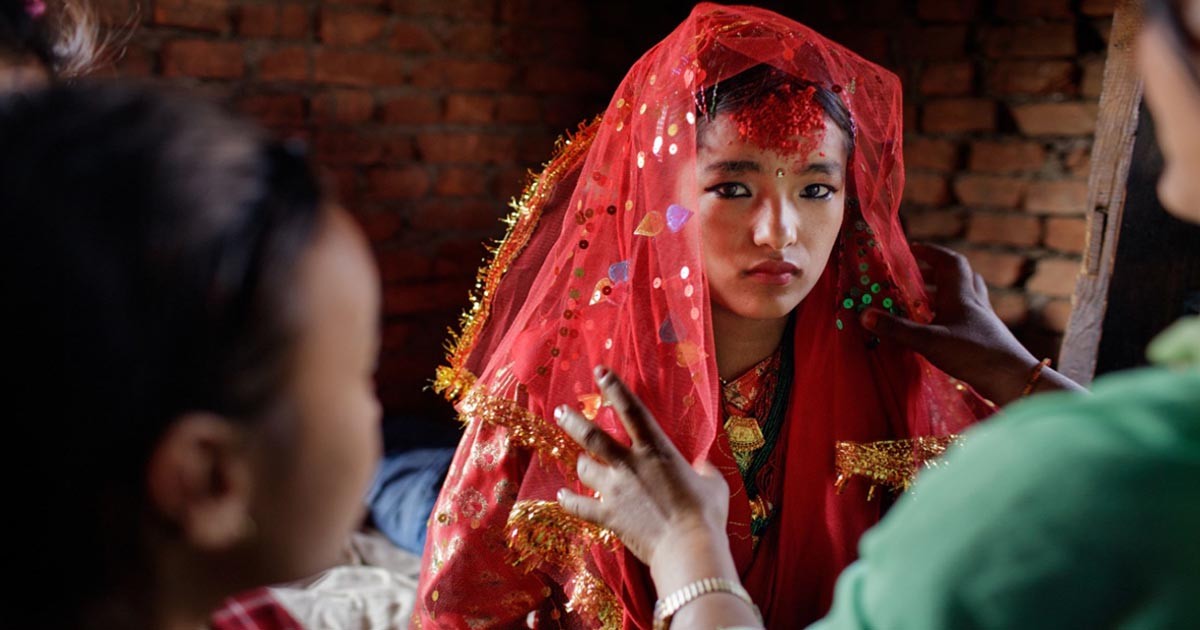In the village of Nebbiuno, perched on the Piedmont hills overlooking Lake Maggiore, Anna Possi is pulling espressos at Bar Centrale — just as she has done every day since 1958.
Despite having recently celebrated her 101st birthday, Italy’s longest-serving barista shows no sign of slowing down. From behind the counter of the cafe she opened with her husband over six decades ago, Possi greets locals and tourists alike with the same precision and stamina that has defined her life’s work.
Read more: Nestle accused of double standards in Africa
Possi, who was awarded Italy’s honorary title of Commander of the Republic last year for her lifelong service, has lived through war, economic booms, and cultural shifts. Speaking with Reuters over an espresso, she reflects on Italy’s changing coffee culture, as well as her secret recipe for longevity.
This conversation has been edited for length and clarity.
What first drew you to this work?
My parents had a restaurant, bar and tobacco shop, and sold newspapers. I started working at 18, right after school. Since my uncles had restaurants in Genoa, I moved there in 1946, just after (World War Two) finished. I learned everything from the ground up — serving, cleaning, managing. It was a change from the war years: In Nebbiuno, we were caught between two fires — partisans (Italian resistance members) in the mountains and Germans on the lake shores. We were in constant danger.
Later, I married my husband, who also ran a bar and restaurant. I did a bit of everything to save on costs. When that became too much, we came back to our home region and opened this tiny bar in Nebbiuno, just the two of us. No staff, no frills.
It was initially just a coffee house because we did not have the license to sell alcohol. But when my husband’s aunt, who had raised him like a son, died in 1960, we expanded it a bit because she lived next door.
When my husband passed away, in 1974, I continued on my own. It’s been 51 years of working alone, as a widow, in this bar. But I like it because I like to be surrounded by people.
Read more: Bollywood’s “Dhurandhar” Trailer Sparks Outrage in Pakistan
How has coffee culture changed since you first opened?
In the early days, the bar was buzzing. We had five paper mills nearby: Customers used to come in the morning, have their coffee, and the workers would have a little grappa (an Italian spirit). We worked a lot back when the paper mills were running. There was a rhythm; it was a different kind of work.
In the ‘60s, we added the dance floor. And people started to come from far (away), from the towns of Arona and Omegna. They came from all over because my bar was different, (it) was new. The village also had a restaurant and a trattoria, but we were the only place with a lakeview and an open-air dance floor.
During that time, I had a great clientele, it was all lawyers, doctors, engineers — people who came and spent money.
What role do cafes like yours play in Italian culture?
This bar is a bit like family, you know? It does not feel like a bar; it’s a meeting place. People come not just to consume, but to connect. They ask me to pass messages to the town hall, to the doctor. I help with paperwork, errands.
I’m always available for everyone. If someone wants to use the bar to show their artwork, for instance, I say yes. And I do it for free. They’re customers, they give me business. Why would I ask for money? If customers leave something, it’s nice, because whatever they leave me always goes to charitable causes.
I’ve seen generations grow up. Some grandparents come in with their grandkids and say, “Anna, remember the jukebox?”
Today, however, young people no longer come to the bar. They came when we had the dance floor and the music. Today, they like to spend time with the smartphone; they even take it to bed when they go to sleep.
Has working as a barista helped you maintain good health?
Work is what distracts you and at the same time gives you something — it makes you feel independent. You don’t have to depend on others.
Here in Piedmont, the women all worked, even back in the days when I was young — some in the fields, some doing housework, and others took on jobs from outside companies and worked from home. This wasn’t the kind of town where women stayed idle.
I tell my granddaughters: work, save, don’t depend on anyone. The world is getting harder.
Is there a particular customer or story that’s stayed with you?
When the AC Milan football team trained nearby, that created a bit of a buzz because all the girls wanted autographs and such from the footballers. And since these players used to come to my bar, there was a lot of movement. They would stay at the hotel, train and then, around six in the afternoon, come here for an aperitif. And that attracted the girls. They went wild for Gianni Rivera, Egidio Calloni, Fulvio Collovati. It was a lively time. And these are memories that stuck with me.













